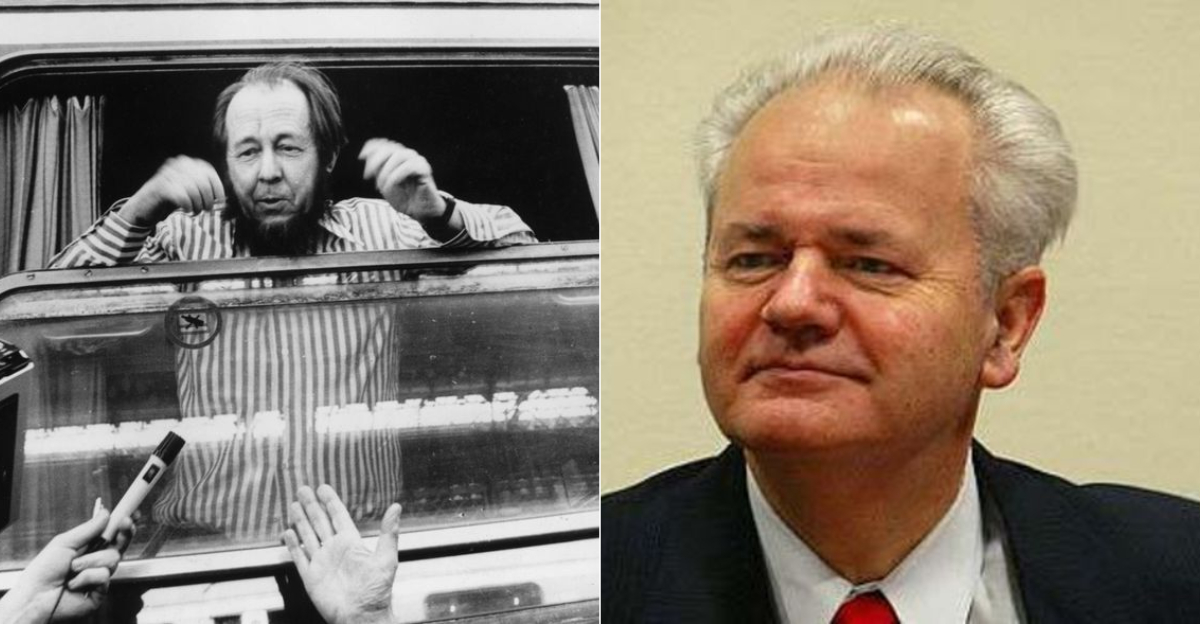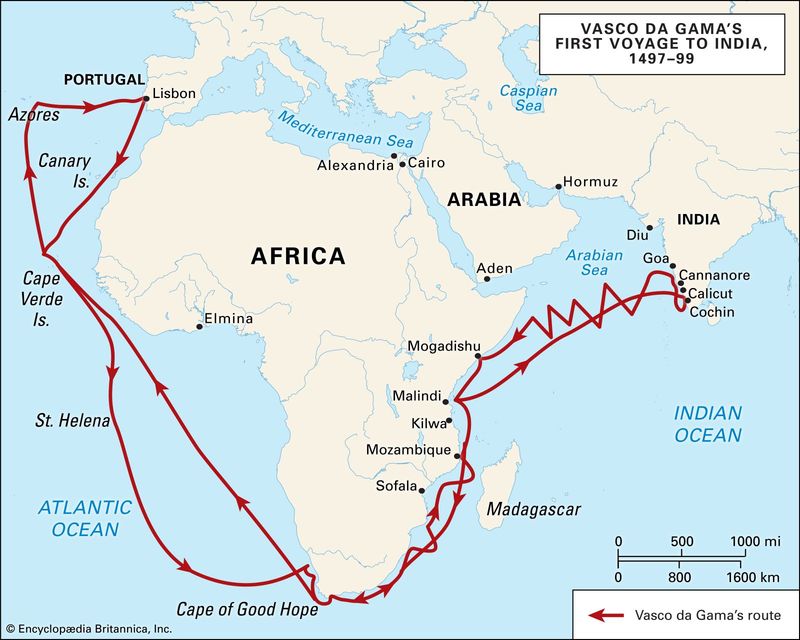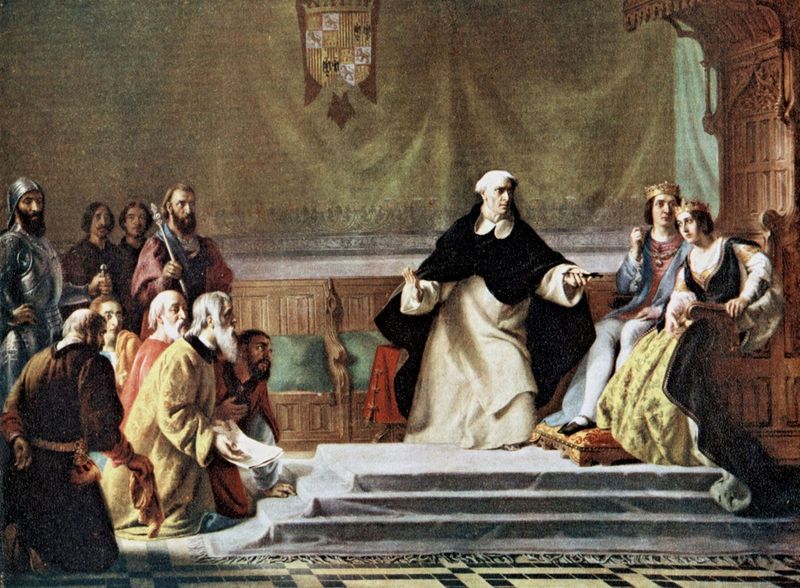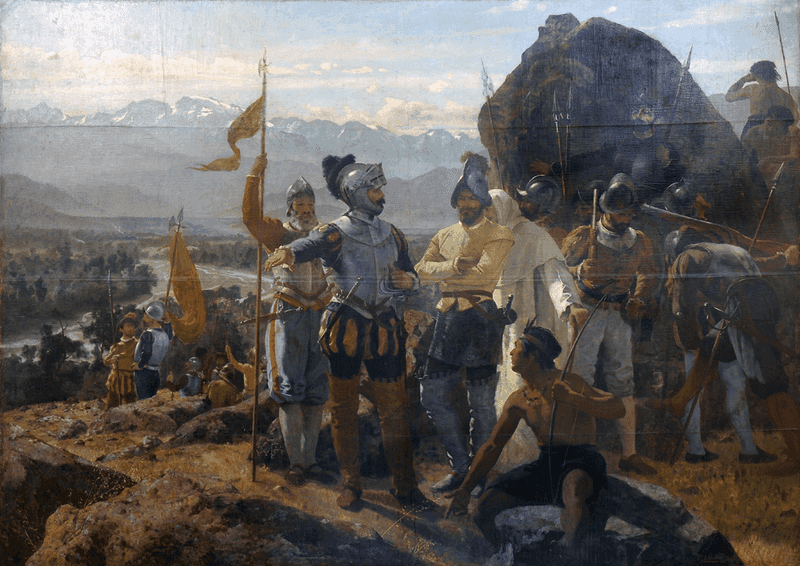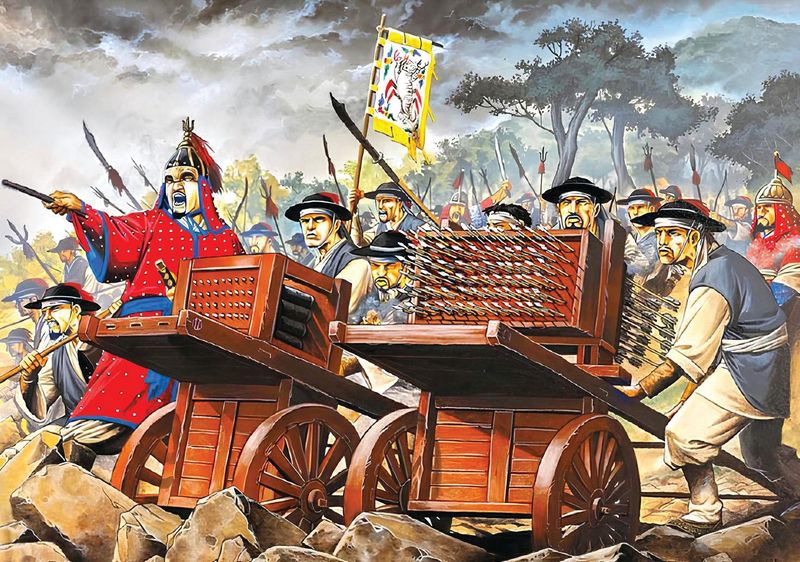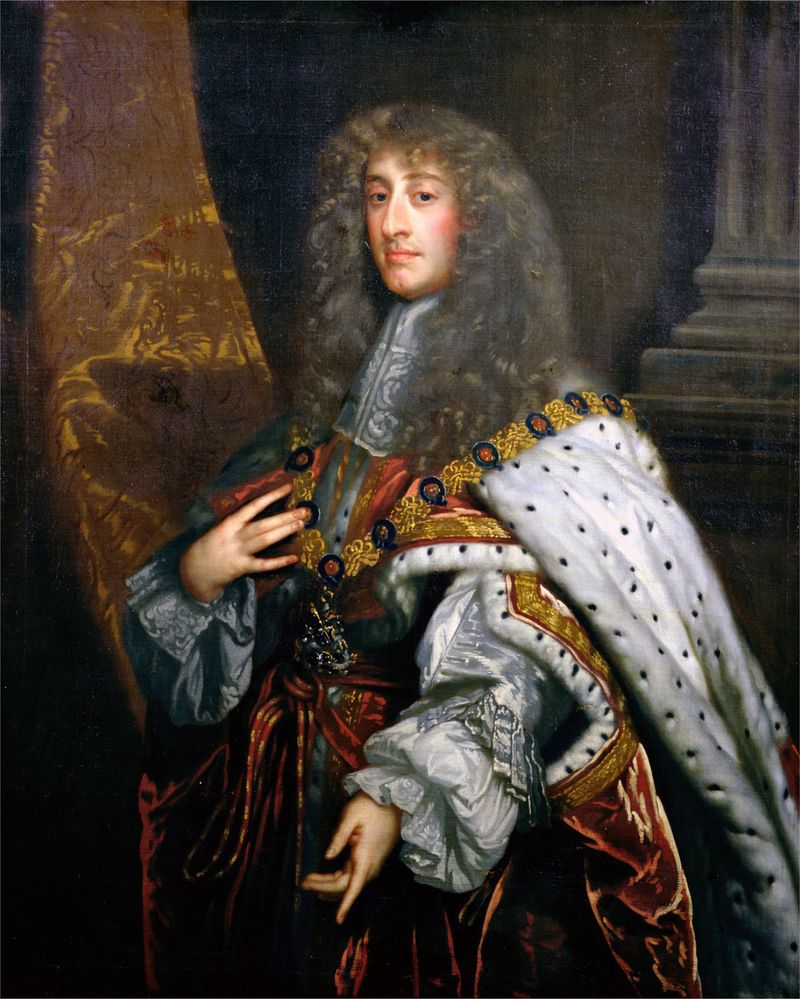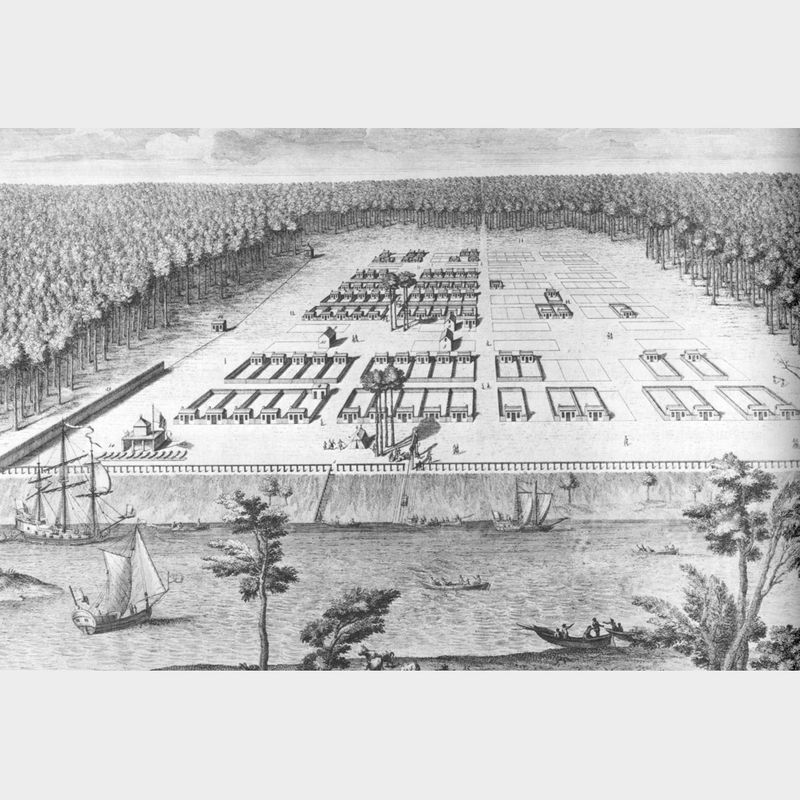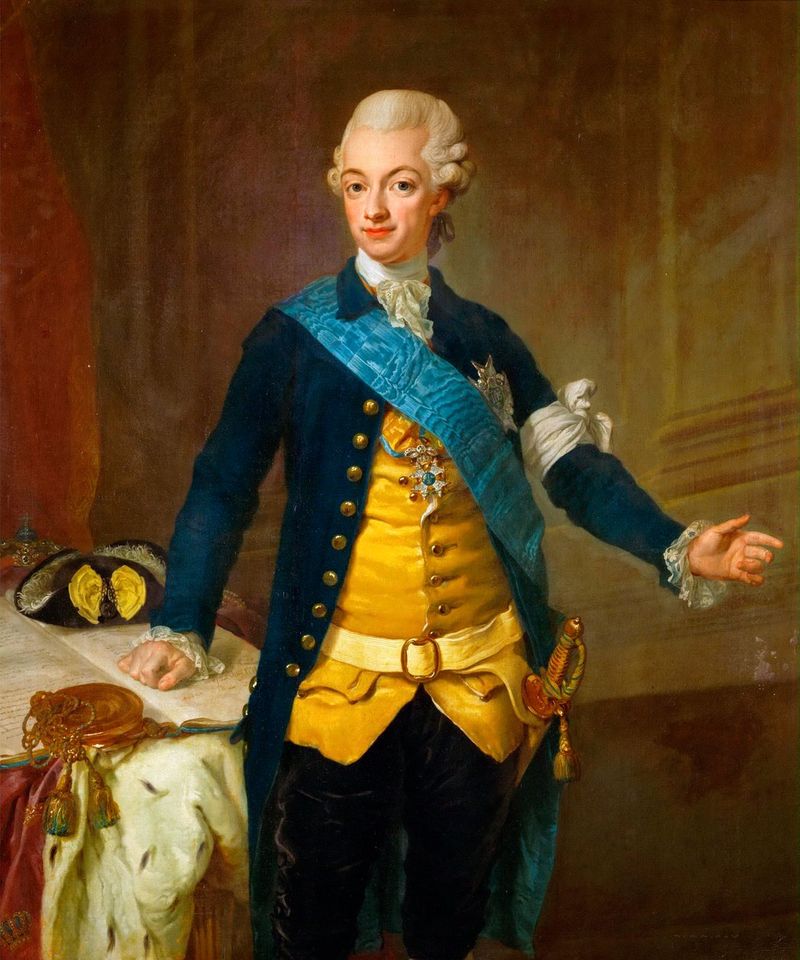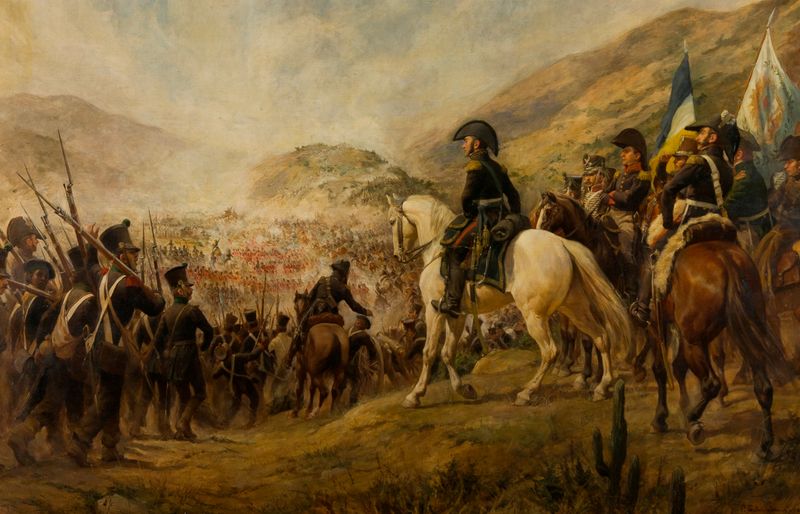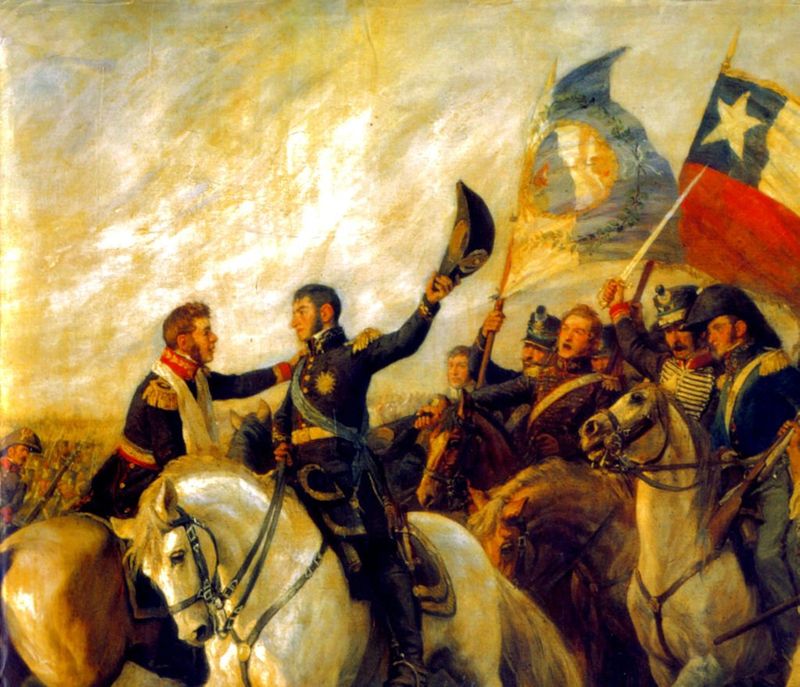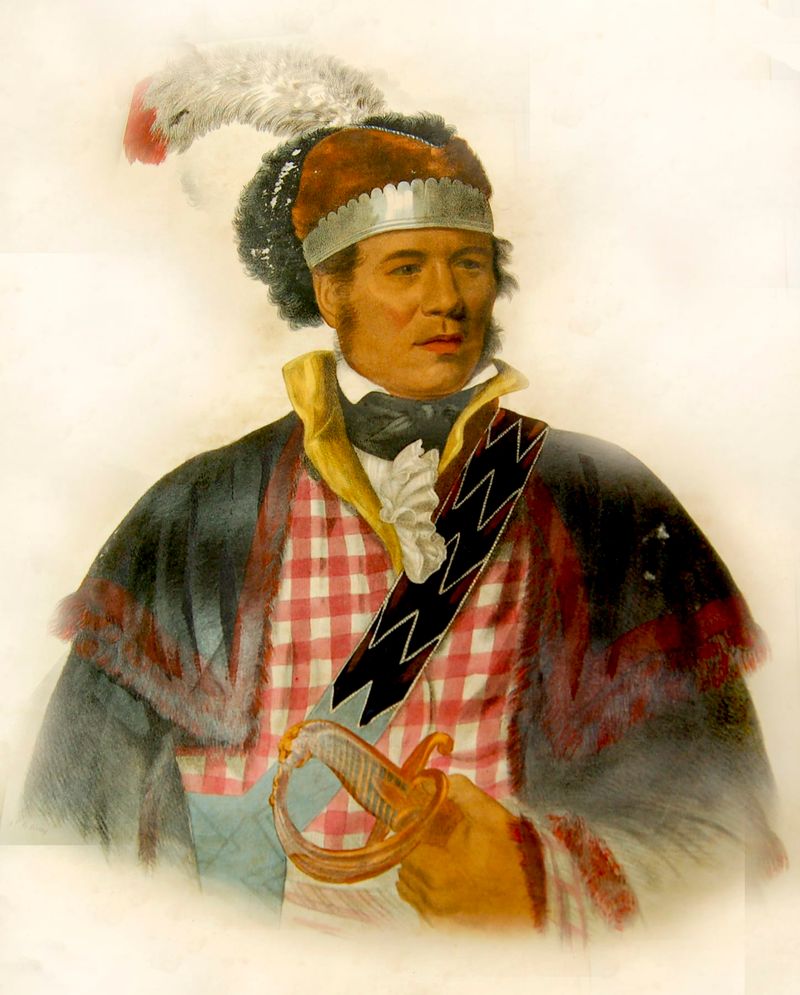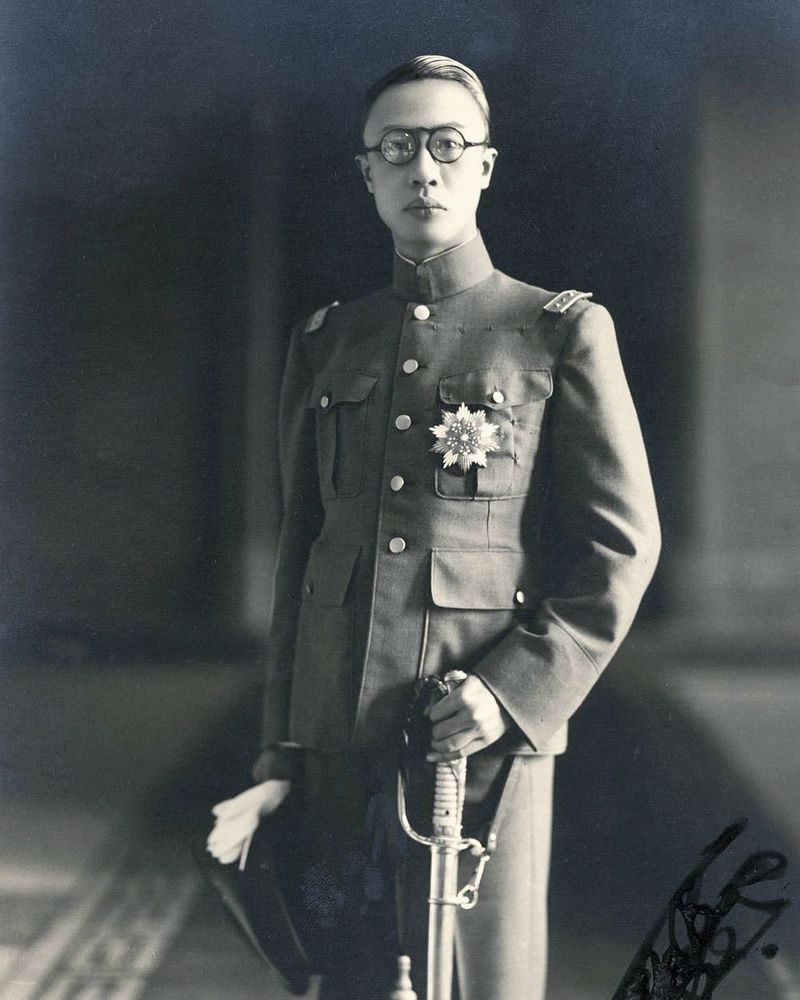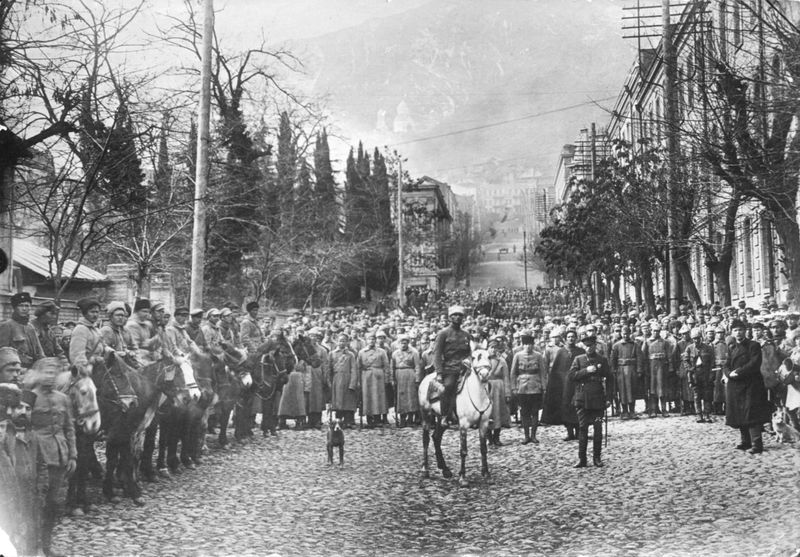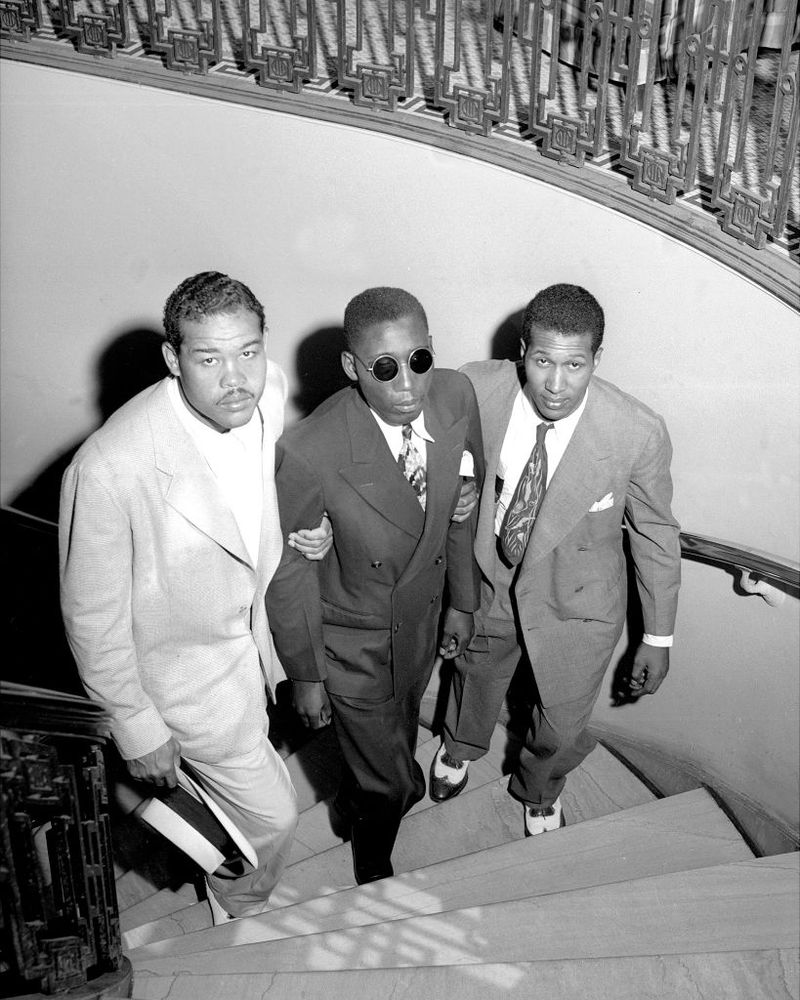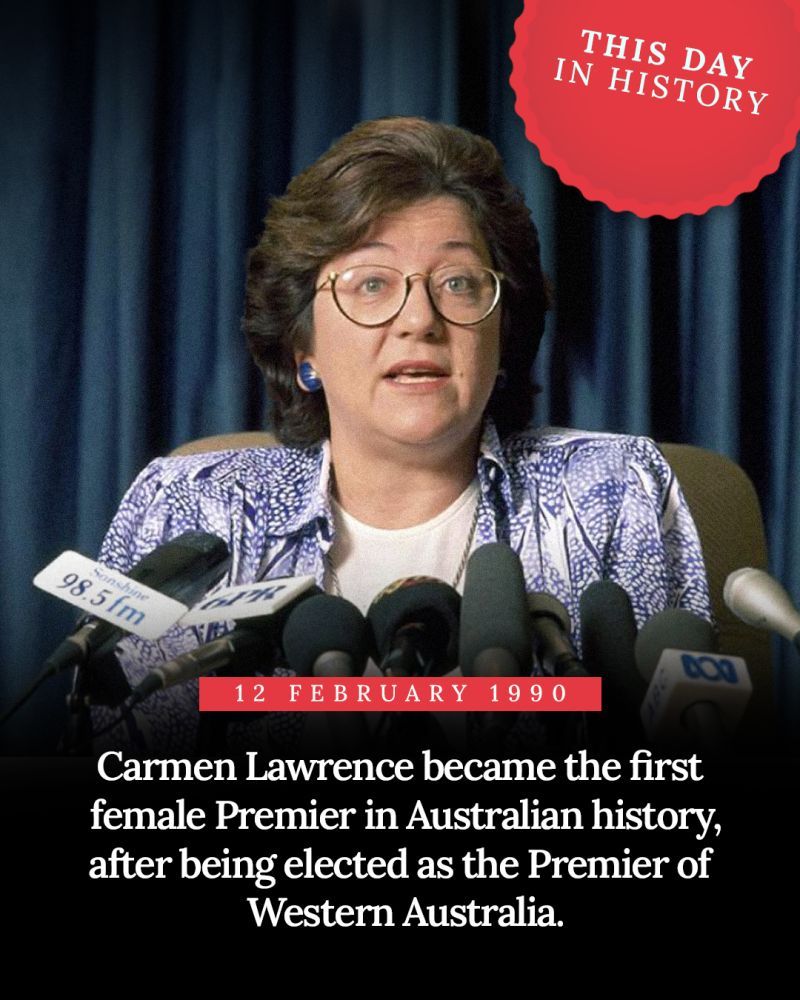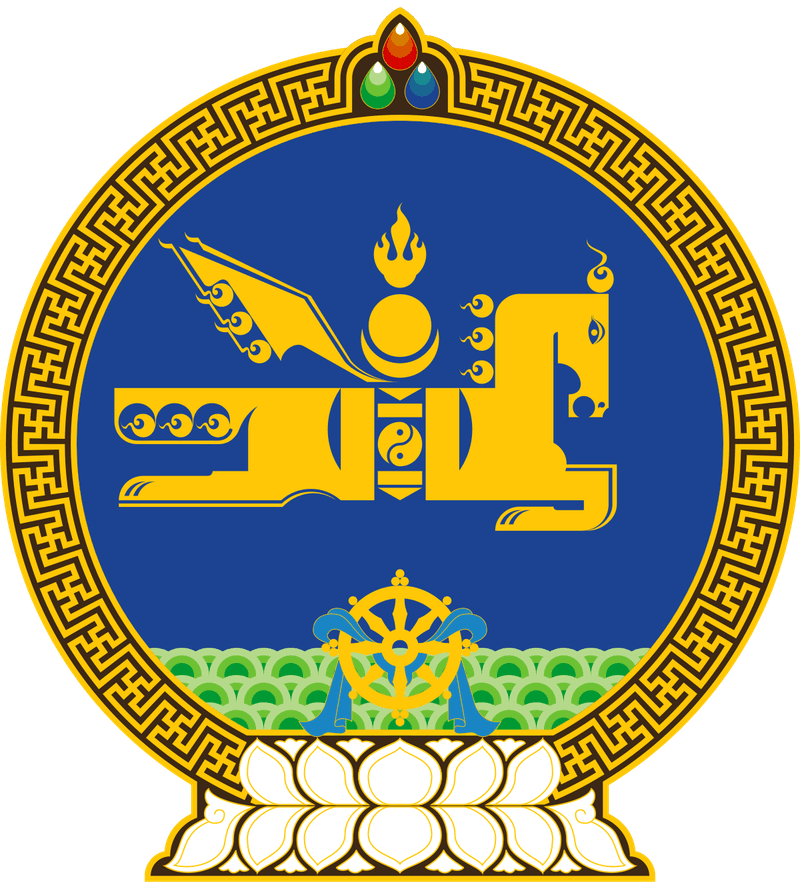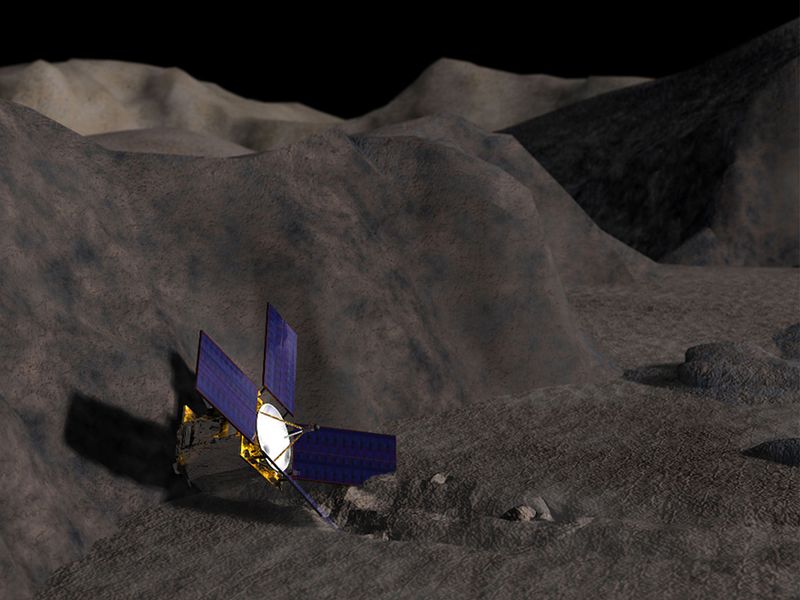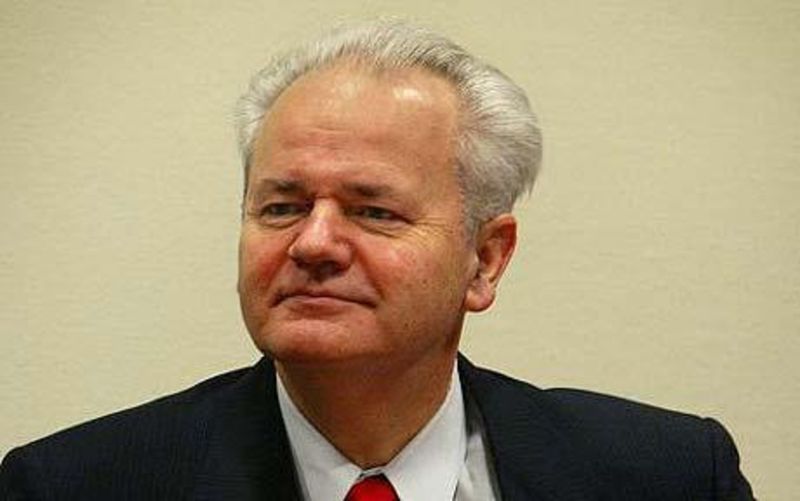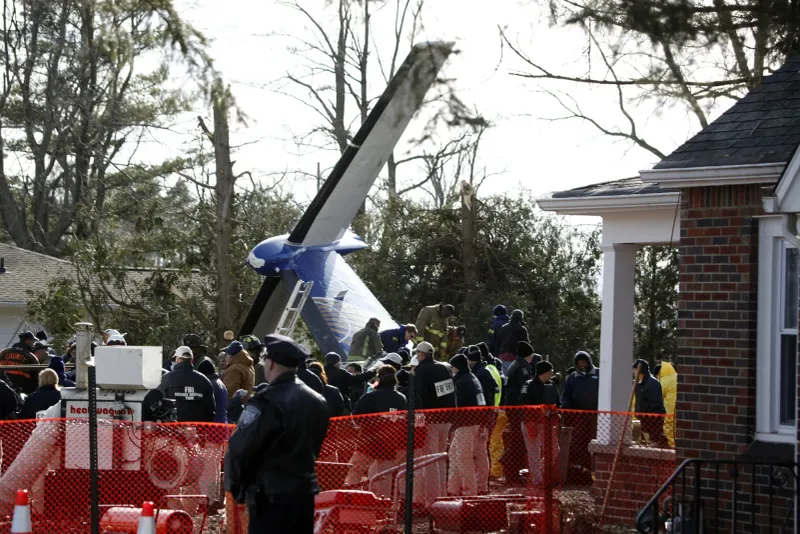February 12th is a day rich with historical significance, featuring events that have shaped various aspects of global culture, politics, and society.
From groundbreaking voyages to pivotal political changes, this day holds a diverse array of important occurrences.
Join us as we explore 30 noteworthy events that unfolded on this date, each marked by its own unique narrative and impact on history.
1. 1502: Vasco da Gama’s 2nd Voyage
Vasco da Gama, the renowned Portuguese explorer, embarked on his second voyage to India on February 12, 1502. At the age of 32, he commanded a fleet with the aim of securing Portuguese interests and expanding trade routes in the Indian Ocean.
This expedition was not merely about exploration but was also a strategic move to strengthen Portuguese presence and influence in the region. The voyage exemplified the spirit of adventure and the relentless pursuit of new territories for economic gain.
Da Gama’s journey marked a significant moment in the Age of Discovery, showcasing the bold endeavors of explorers of the time.
2. 1502: Isabella I Outlaws Islam
On February 12, 1502, Queen Isabella I of Spain issued a decree that significantly impacted the religious landscape of the country. At 51, Isabella was a formidable ruler who played a crucial role in the Reconquista.
The decree mandated the expulsion or conversion of Muslims, marking a turning point in the Christian reformation of Spain. This action was part of a broader effort to unify Spain under Christianity, following the conquest of Granada.
Isabella’s decision had profound effects on cultural and religious diversity, setting a precedent for future policies in European history.
3. 1541: Santiago Founded
On February 12, 1541, Santiago, the capital city of Chile, was founded by the Spanish conquistador Pedro de Valdivia. At the age of 47, Valdivia led his expedition through the harsh terrains of the Andes to establish this settlement.
The founding of Santiago was a pivotal moment in the Spanish colonization of South America, symbolizing the spread of European influence across the continent. Valdivia’s choice of location was strategic, considering the natural defenses provided by the surrounding mountains.
Santiago’s establishment marked the beginning of a new chapter in Chilean history, laying the groundwork for its future development.
4. 1593: Haengju Siege Repelled
The Siege of Haengju on February 12, 1593, was a remarkable event in Korean history, where General Kwon Yul led a valiant defense against Japanese invaders. The event took place during the Japanese invasions of Korea, also known as the Imjin War.
General Kwon Yul and his troops, though outnumbered, utilized strategic fortifications and innovative tactics to successfully repel the siege. This victory was pivotal in boosting Korean morale and resistance against further Japanese advances.
The bravery exhibited at Haengju Fortress became a symbol of resilience and determination, celebrated in Korean history and cultural memory.
5. 1689: James II Abdication Declared
February 12, 1689, marked a critical juncture in British history when James II’s abdication was declared. At approximately 55 years old, James II faced immense political pressure amid the Glorious Revolution.
His abdication led to the ascension of William III and Mary II, ushering in constitutional changes that diminished royal power and bolstered parliamentary authority. This event reshaped the political landscape of England, paving the way for modern constitutional monarchy.
The abdication of James II signifies a transformative period, highlighting the evolution of governance and influence of popular will in British politics.
6. 1733: Georgia Founded (Oglethorpe)
On February 12, 1733, James Oglethorpe, at the age of 36, founded the colony of Georgia in what is now the southeastern United States. This marked a significant expansion of British colonial efforts in North America.
Oglethorpe’s vision was to create a haven for debtors and the poor, providing a fresh start for settlers under new social ideals. The founding of Georgia also served strategic military purposes, acting as a buffer against Spanish expansion from Florida.
This endeavor laid the foundation for what would become a vital region in American history, contributing to the nation’s cultural and economic diversity.
7. 1771: Gustav III Crowned
February 12, 1771, saw the crowning of Gustav III as King of Sweden. At 25, Gustav III ascended to the throne with a promise of reform and modernization.
His reign was characterized by efforts to strengthen the monarchy and improve the cultural and political landscape of Sweden. Gustav III was known for his patronage of the arts and significant contributions to Swedish culture.
The coronation marked the beginning of a new era, as Gustav III sought to balance power between the crown and the nobility, leaving an enduring legacy in Swedish history and governance.
8. 1817: Battle of Chacabuco
The Battle of Chacabuco, fought on February 12, 1817, was a decisive conflict in the Chilean War of Independence. Led by José de San Martín, the combined Chilean and Argentine forces clashed with Spanish royalists.
The battle took place on the challenging terrains of the Andes, where San Martín’s strategic acumen played a crucial role in securing victory. This triumph paved the way for further advances towards Chilean independence.
Chacabuco’s victory was a turning point, demonstrating the growing strength and resolve of the independence movements in South America against colonial rule.
9. 1818: Chilean Independence Approved
On February 12, 1818, Chile’s formal independence was approved, marking a significant milestone in its fight against Spanish colonial rule. This event was the culmination of years of struggle and determination by the Chilean people.
The declaration was a momentous occasion, celebrated with fervor as it symbolized the dawn of a new sovereign nation. It also represented the broader wave of independence movements sweeping across Latin America.
This achievement underscored the aspirations for self-determination and nationhood, inspiring further movements throughout the continent and shaping the future of Chilean governance.
10. 1825: Creek Land Cession (Indian Springs)
The Treaty of Indian Springs, signed on February 12, 1825, marked a contentious moment in American history. Native American Creek leaders, under immense pressure, ceded vast tracts of land to the U.S. government.
This cession was part of the broader pattern of forced removals and land acquisitions faced by indigenous peoples during the westward expansion of the United States. The treaty was met with resistance and controversy, leading to further discord.
The events at Indian Springs highlight the struggles and injustices faced by Native Americans, reflecting the complex dynamics of land, power, and sovereignty in American history.
11. 1909: NAACP Founded
On February 12, 1909, the National Association for the Advancement of Colored People (NAACP) was founded. This organization aimed to fight racial discrimination and promote civil rights for African Americans.
The NAACP played a crucial role in advancing equality and justice, spearheading legal battles and public campaigns. Its founding came during a period of heightened racial tensions in the United States.
By advocating for change through nonviolent means, the NAACP became a cornerstone of the civil rights movement, leaving an indelible mark on American society and contributing to significant legislative and social reforms.
12. 1912: Xuantong Emperor Abdicates
The abdication of the Xuantong Emperor on February 12, 1912, marked the end of over two millennia of imperial rule in China. At just 6 years old, the young emperor’s abdication was a symbolic gesture in the wake of the 1911 Revolution.
This event signaled the transition from dynastic rule to the establishment of the Republic of China, led by revolutionary forces seeking modernization and reform.
The abdication of the Xuantong Emperor represented a profound shift in Chinese governance and society, laying the groundwork for future political developments in the region.
13. 1921: Bolshevik Revolt in Georgia
On February 12, 1921, Bolshevik forces launched a military campaign against the Democratic Republic of Georgia. This conflict was part of the broader Russian Civil War and the Soviet expansion.
The Bolsheviks sought to establish Soviet control over Georgia, leading to fierce resistance from Georgian defenders. The mountainous terrain added to the complexity and intensity of the battles.
The revolt and subsequent Soviet victory resulted in the incorporation of Georgia into the USSR, marking a significant loss of independence and altering the political landscape of the Caucasus region.
14. 1946: Isaac Woodard Beaten
On February 12, 1946, Isaac Woodard, a 26-year-old African American World War II veteran, was brutally beaten by police officers in South Carolina. This act of racial violence occurred merely hours after Woodard’s honorable discharge.
The incident sparked outrage and drew national attention to the systemic racism and injustice faced by African Americans, especially veterans returning from war.
Woodard’s case became a catalyst for the civil rights movement, highlighting the urgent need for reform and equality in a deeply divided society, and influencing future legislative and social changes in the United States.
15. 1947: Dior Unveils New Look
On February 12, 1947, Christian Dior, then 42 years old, unveiled his groundbreaking “New Look” collection in Paris. This debut revolutionized women’s fashion post-World War II by emphasizing femininity and elegance.
Dior’s designs featured cinched waists and voluminous skirts, a stark contrast to the wartime austerity. This collection marked a return to opulence and luxury in fashion, symbolizing a new era of creativity and innovation.
The “New Look” had a profound influence on fashion worldwide, setting trends that defined the post-war period and establishing Dior as a leading figure in haute couture.
16. 1961: Venera 1 Launched
On February 12, 1961, the Soviet Union launched the Venera 1 spacecraft, marking a significant milestone in space exploration. This mission aimed to gather data about Venus, our neighboring planet.
Venera 1 was the first spacecraft to fly by Venus, although contact was lost before it could transmit data back to Earth. Despite this, the mission represented a pioneering effort in interplanetary exploration.
The launch of Venera 1 demonstrated the Soviet Union’s commitment to advancing space technology and contributed to the broader space race between the United States and the Soviet Union during the Cold War.
17. 1963: Gateway Arch Construction
February 12, 1963, marked the beginning of construction on the Gateway Arch in St. Louis, Missouri. This monumental structure was designed by architect Eero Saarinen.
The Gateway Arch symbolizes the westward expansion of the United States and stands as a tribute to the nation’s pioneering spirit. Its construction required innovative engineering techniques and faced numerous challenges.
Upon completion, the Arch became an iconic representation of St. Louis and a landmark of American architecture, drawing visitors worldwide and highlighting the city’s historical significance as a gateway to the West.
18. 1965: Malcolm X in Smethwick
On February 12, 1965, Malcolm X, then 39 years old, visited Smethwick, England. This visit occurred shortly before his assassination and was part of his international tour to promote human rights.
In Smethwick, Malcolm X addressed issues of racism and segregation, drawing parallels between the struggles faced by African Americans and those in the UK. His visit highlighted the global dimensions of civil rights struggles.
Malcolm X’s engagement in Smethwick underscored his commitment to fighting injustice worldwide and left a lasting impact on local communities in their pursuit of equality and social change.
19. 1974: Solzhenitsyn Exiled
On February 12, 1974, Russian writer Aleksandr Solzhenitsyn was forcibly exiled from the Soviet Union. At 55, Solzhenitsyn faced intense scrutiny for his outspoken criticism of the Soviet regime.
His works, including “The Gulag Archipelago,” exposed the harsh realities of Soviet labor camps and authoritarian rule. Exile highlighted the regime’s intolerance for dissent and intellectual freedom.
Solzhenitsyn’s expulsion drew international attention, amplifying his voice against oppression and contributing to the global discourse on human rights and freedom of expression, leaving a lasting legacy in literature and political thought.
20. 1983: Lahore Women Protest
February 12, 1983, witnessed a significant women’s rights protest in Lahore, Pakistan. Women from various backgrounds gathered to oppose discriminatory laws and advocate for gender equality.
The protest was a courageous stand against oppressive policies, marking a defining moment in Pakistan’s feminist movement. It emphasized the need for legal reforms and societal change to ensure women’s rights.
This demonstration was a catalyst for future activism, inspiring generations to continue the fight for equality and justice, and highlighting the resilience and determination of women in Pakistan.
21. 1988: Black Sea Bumping Incident
On February 12, 1988, a tense naval encounter occurred in the Black Sea between U.S. Navy ships and Soviet vessels. The incident, known as the Black Sea Bumping Incident, involved the Soviet ships intentionally bumping the American ones.
This confrontation happened during the Cold War, reflecting the strained relations and geopolitical tensions between the United States and the Soviet Union.
The incident underscored the precarious nature of Cold War diplomacy and the potential for conflicts to escalate, highlighting the importance of cautious navigation and communication in international waters.
22. 1990: Carmen Lawrence Elected
On February 12, 1990, Carmen Lawrence made history by becoming the first female Premier of Western Australia. At 42, her election represented a breakthrough for women in Australian politics.
Lawrence’s leadership focused on social justice and progressive reforms, paving the way for future female leaders in the region. Her election was a testament to the growing role of women in shaping political landscapes.
Carmen Lawrence’s achievement inspired many and highlighted the importance of gender representation in government, contributing to the ongoing dialogue about women’s rights and equality in political spheres.
23. 1992: Mongolian Constitution Enacted
February 12, 1992, marked the enactment of Mongolia’s new democratic constitution. This pivotal moment signified Mongolia’s transition from a socialist state to a democratic republic.
The constitution introduced democratic principles, human rights protections, and a framework for free elections, representing a significant shift in the nation’s political landscape.
Mongolia’s new constitution was a landmark achievement in its democratic journey, symbolizing the aspirations for political reform and modernization, and setting a foundation for continued development and international engagement.
24. 1999: Clinton Acquitted
On February 12, 1999, the U.S. Senate acquitted President Bill Clinton on charges of perjury and obstruction of justice. This decision concluded the impeachment trial that had captivated the nation.
Clinton’s acquittal was a significant political event, reflecting the deep partisan divisions and debates over presidential conduct and accountability.
The trial raised complex questions about ethics and governance, influencing public discourse on political integrity and the powers of the presidency, and leaving a lasting impact on American political history.
25. 2001: NEAR Shoemaker Lands on Eros
On February 12, 2001, NASA’s NEAR Shoemaker spacecraft successfully landed on the asteroid Eros. This achievement marked the first time a spacecraft landed on an asteroid, providing valuable data for scientific research.
The mission aimed to study the composition and characteristics of Eros, enhancing our understanding of asteroids and their role in the solar system.
NEAR Shoemaker’s successful landing was a groundbreaking accomplishment in space exploration, demonstrating technological advancements and contributing to our knowledge of celestial bodies beyond Earth.
26. 2002: War Criminal Milošević’s Trial Begins
The trial of Slobodan Milošević began on February 12, 2002, at The Hague. At 60, Milošević faced charges of war crimes, including genocide, committed during the Yugoslav Wars.
The trial was a significant moment for international justice, as it addressed atrocities and set precedents for prosecuting leaders accused of severe human rights violations.
Milošević’s trial underscored the global commitment to accountability and the pursuit of justice for victims of war crimes, influencing the development of international law and the role of international tribunals.
27. 2004: SF Grants Same-Sex Marriage Licenses
On February 12, 2004, San Francisco made history by granting marriage licenses to same-sex couples. This bold move challenged existing laws and sparked nationwide discussions on marriage equality.
The decision by city officials highlighted the growing demand for LGBTQ+ rights and set a precedent for future legal battles and legislative changes.
The issuance of same-sex marriage licenses in San Francisco was a landmark moment in the fight for equality, advancing the cause of LGBTQ+ rights and influencing subsequent movements towards inclusivity and acceptance.
28. 2009: Colgan Air Crash
On February 12, 2009, Colgan Air Flight 3407 tragically crashed near Buffalo, New York, resulting in the loss of 50 lives. The crash occurred under icy conditions and raised concerns about aviation safety.
Investigations revealed issues with pilot training and fatigue, prompting calls for regulatory changes and improvements in airline safety protocols.
The Colgan Air crash underscored the critical importance of rigorous safety standards and oversight in the aviation industry, leading to reforms aimed at preventing such tragedies and ensuring passenger safety.
29. 2016: Ecumenical Declaration Signed
February 12, 2016, witnessed an unprecedented meeting between Pope Francis and Patriarch Kirill in Cuba. This encounter marked the first time leaders of the Roman Catholic and Russian Orthodox Churches met since the Great Schism of 1054.
The signing of the ecumenical declaration aimed to foster unity and cooperation between the two Christian traditions, addressing global challenges and shared concerns.
This historic event highlighted the importance of dialogue and reconciliation in promoting peace and understanding among different religious communities, setting a precedent for future interfaith engagements.
30. 2019: Macedonia Renamed North Macedonia
On February 12, 2019, Macedonia was officially renamed North Macedonia, resolving a long-standing dispute with Greece over its name.
This agreement paved the way for improved diplomatic relations and the country’s aspirations to join NATO and the European Union.
The name change was part of the Prespa Agreement, which emphasized cooperation and mutual respect between the two nations.
North Macedonia’s renaming marked a new chapter in its international relations, showcasing the power of diplomacy in resolving conflicts and fostering regional stability and collaboration.
